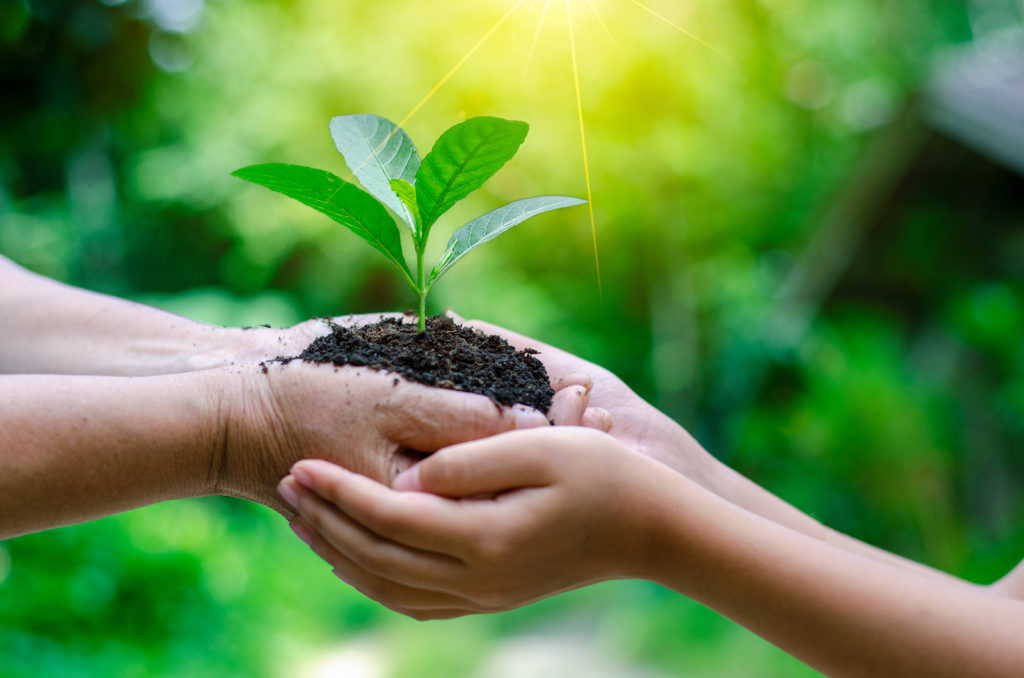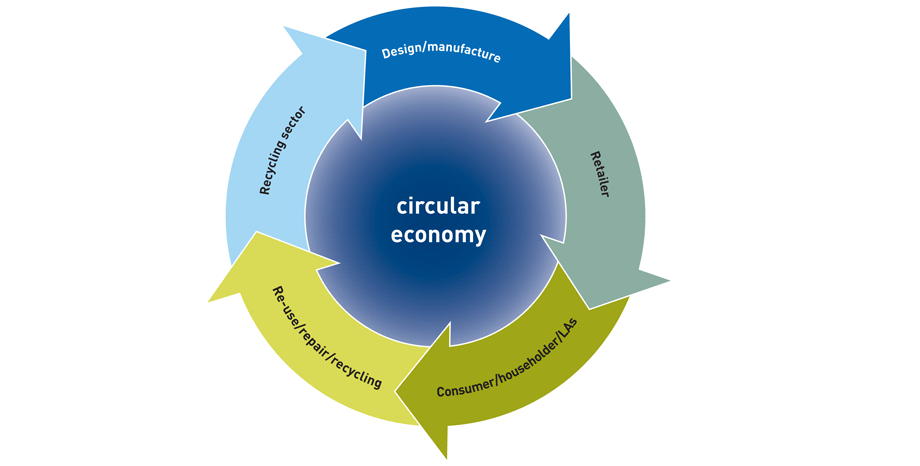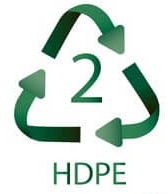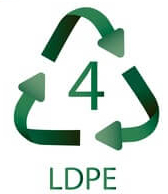
By definition, sustainable plastics are managed within a sustainable materials management system (a Circular Economy) to avoid the creation of waste, toxics and pollution.
Partners
We partner with industry leaders to provide the industries most advanced environmentally responsible solutions for demanding applications.Sustainable material classifications
Bioplastic can be made from agricultural byproducts and also from used plastic bottles and other containers using microorganisms. Bioplastics can be composed of starches, cellulose, biopolymers, and a variety of other materials.
“As part of an available program, the plastic breaks down to carbon dioxide, water, inorganic compounds, and biomass at a rate consistent with known compostable materials and leaves no toxic residue” (ASTM) Compostable is different than biodegradable by the fact that it must be contained in specific sites and specific environmental conditions.
It is usually made from natural byproducts, and follows rigorously controlled conditions of temperature and humidity in industrial environments. Most biodegradable and compostable plastics are called bioplastic and they are generally made from plants (such as bamboo or sugarcane) rather than fossil fuels.












